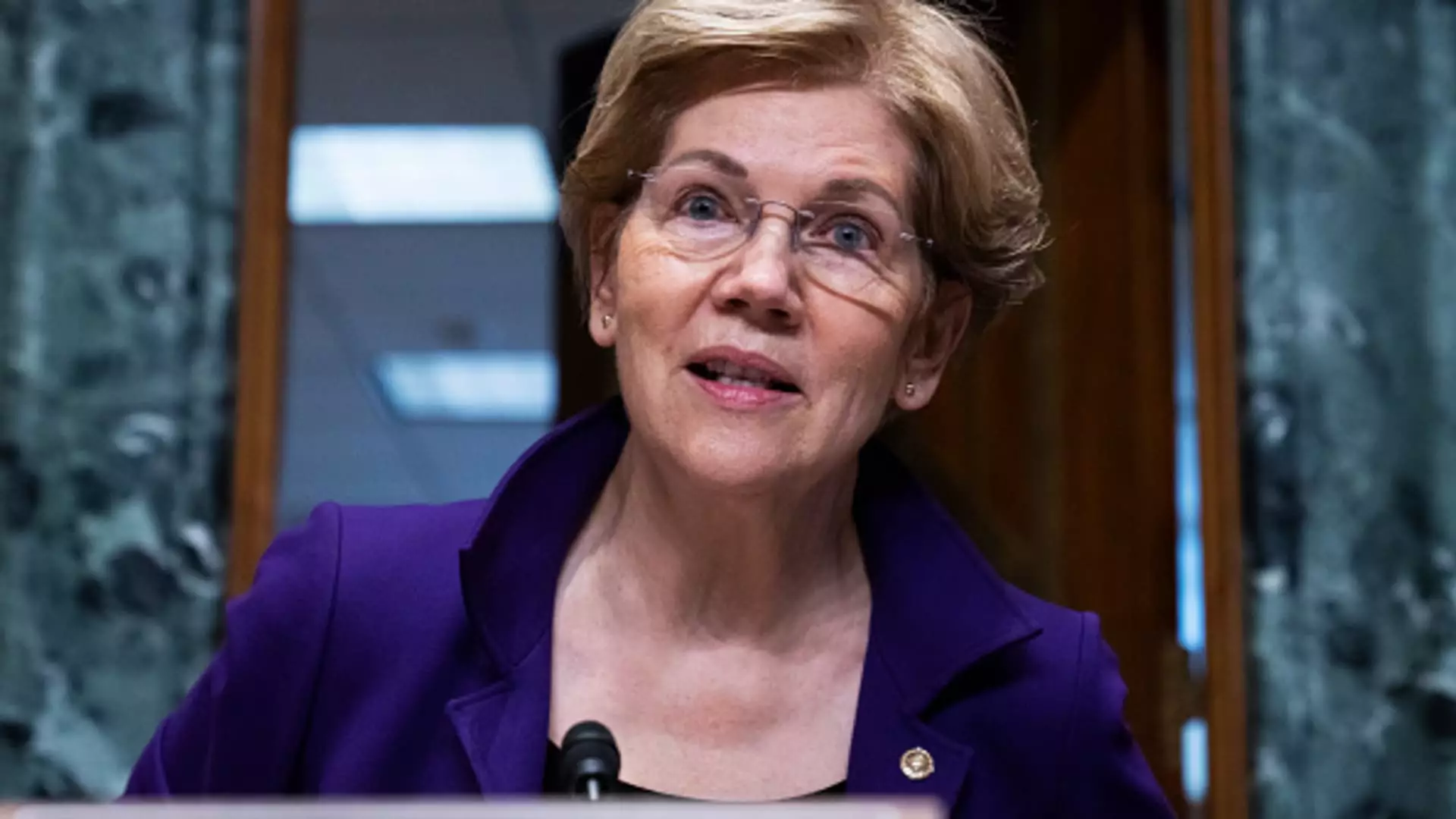In 2023, the transition of student loan accounts from NelNet to Mohela faced substantial scrutiny, labeled as a “faulty” transfer by lawmakers. This transfer culminated in widespread consumer credit reporting errors, with serious implications for nearly two million borrowers. A significant number of these individuals discovered duplicate records on their credit reports, which not only skewed their financial standing but also potentially hindered their access to future credit opportunities. This situation drew the attention of key policymakers, including Senators Elizabeth Warren and Ron Wyden, who have sought accountability from relevant government entities.
The gravity of the credit reporting debacle prompted a formal response from lawmakers, who reached out to the Consumer Financial Protection Bureau (CFPB) and the U.S. Department of Education. In their letter, they highlighted the need for thorough investigations into the transfer process and its resulting credit reporting errors. By requesting that these agencies use their supervisory authority, the lawmakers emphasized accountability and the necessity of taking corrective actions. Such a demand underscores the serious nature of the problems that transpired during the servicer transition.
Investigations revealed that the lack of communication between Mohela and credit reporting companies was a critical factor contributing to the errors. Mohela allegedly failed to properly report each account transfer, leading to situations where borrowers’ loan balances appeared multiple times on credit reports. This misreporting created a distorted picture of borrowers’ credit histories, often resulting in diminished credit scores. For many of these borrowers, even a small drop in their scores—by over 20 points in some cases—was sufficient to complicate efforts to procure vital financing for homes and vehicles.
The consequences of these reporting errors stretch beyond statistical anomalies. Thousands of borrowers reported significant distress due to the complications arising from inaccurate credit scores. A staggering 7,500 complaints were filed by individuals grappling with these inconsistencies, indicating a widespread sense of frustration and urgency among affected borrowers. The reality of diminished credit scores not only affects the immediate financial prospects of borrowers but can also have long-term implications, including increased interest rates and reduced purchasing power.
In the aftermath of the incidents, the credit reporting companies have indicated that they have resolved the duplicate balances impacting borrowers. However, the extent of the action taken to rectify individual credit reports remains to be fully seen. As policymakers continue to press for accountability, it remains crucial for borrowers to monitor their credit and dispute any inaccuracies proactively. This episode serves as a stark reminder of the potential pitfalls in the student loan servicing landscape and highlights the ongoing need for robust regulatory oversight to safeguard borrowers’ interests in the future.
While the recent transfer fiasco is a case of systemic failure, it also opens the door for reform in the student loan servicing industry, prompting a reevaluation of protocols and ensuring that the rights of borrowers are protected moving forward.

